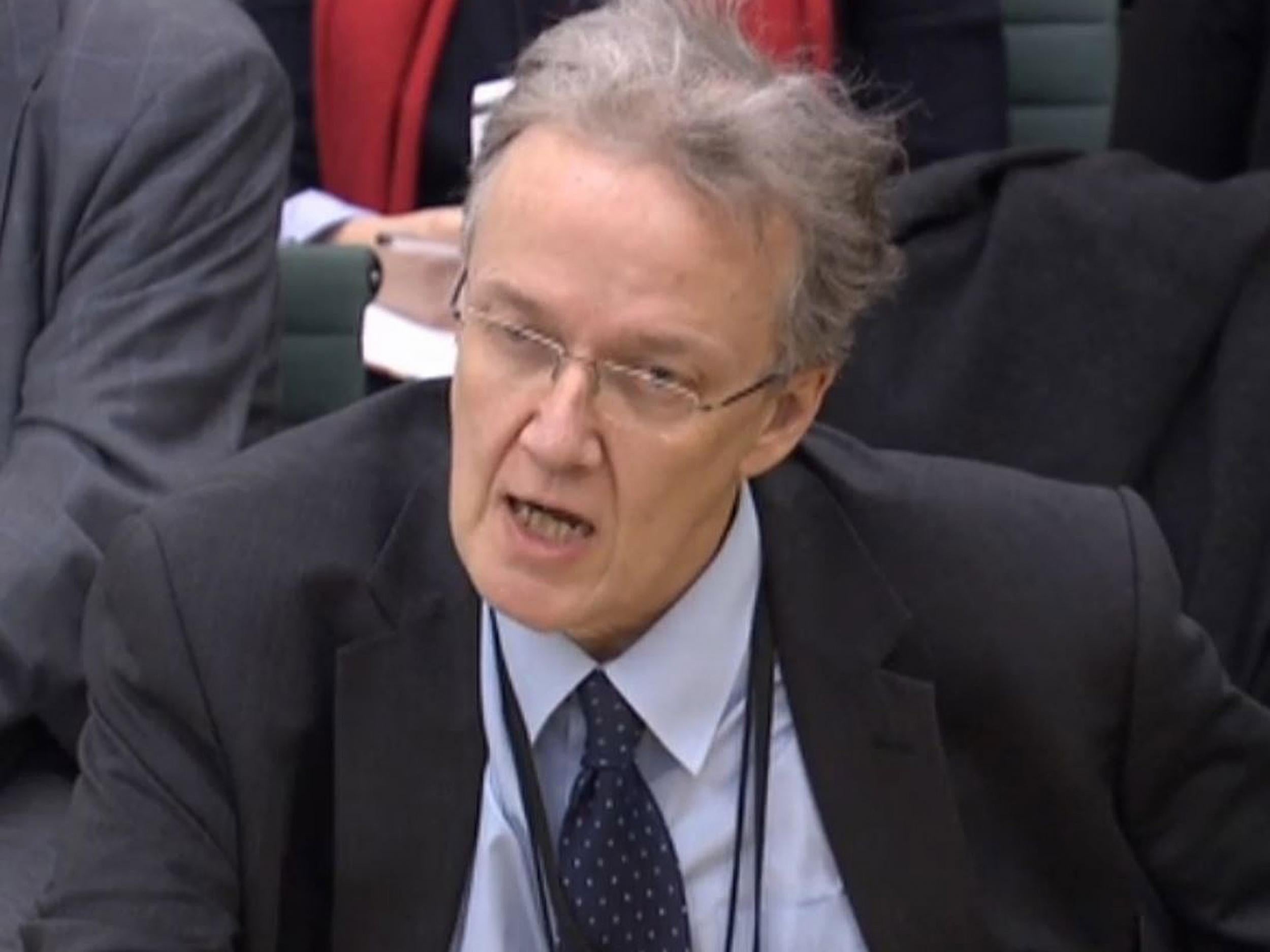John Worboys appeal latest: Parole board chairman Nick Hardwick 'forced to resign' minutes before decision
Body must 'take all necessary measures' to maintain public confidence in its decisions, says Justice Secretary

Your support helps us to tell the story
From reproductive rights to climate change to Big Tech, The Independent is on the ground when the story is developing. Whether it's investigating the financials of Elon Musk's pro-Trump PAC or producing our latest documentary, 'The A Word', which shines a light on the American women fighting for reproductive rights, we know how important it is to parse out the facts from the messaging.
At such a critical moment in US history, we need reporters on the ground. Your donation allows us to keep sending journalists to speak to both sides of the story.
The Independent is trusted by Americans across the entire political spectrum. And unlike many other quality news outlets, we choose not to lock Americans out of our reporting and analysis with paywalls. We believe quality journalism should be available to everyone, paid for by those who can afford it.
Your support makes all the difference.Nick Hardwick, the chairman of the Parole Board, resigned just minutes before judges overturned the body’s decision to release black cab rapist John Worboys.
Officials must reconsider, three High Court judges ruled on Monday morning, amid claims Mr Hardwick was “scapegoated” for failings that went beyond the “under-resourced” board.
Worboys has served 10 years of an indeterminate sentence, including remand time, for attacking 12 women, and victims had argued the Parole Board overlooked “critical evidence” in recommending his release.
Now known as John Radford, police believe he committed crimes against 105 women between 2002 and 2008, when he was caught and victims said the board should have taken into account evidence of the wider allegations against him. Worboys has denied committing any offences other than those for which he was convicted.
A lawyer representing two victims said Mr Hardwick’s resignation had been “forced upon him” following a meeting with Justice Secretary David Gauke.
“It looks as though he has been scapegoated for something that was not the sole fault of the Parole Board,” Philippa Kaufmann QC said in a press conference, calling it an “improper and wrong decision” and saying it was “striking just how under-resourced the process has become” for the Parole Board.
Her junior, Nick Armstrong, welcomed a call by the judges for new transparency in parole decisions, but said the panel that approved Worboys’ release had had no judicial chair or Government counsel.
“There is a responsibility for the Justice Secretary not putting the Parole Board in the position where it could not discharge its duty properly. There is a story in all of this about the proper resourcing of the board,” he said.
In a letter to Mr Gauke, Mr Hardwick said: “I am sorry for the mistakes that were made in this case but I have always made it clear that I will support the members and staff of the board in the very difficult individual decisions they make and I will accept accountability for the work of the board.”
The Justice Secretary had told him his position was “untenable”, he said, adding he had had no role in the Worboys decision and believed himself capable of continuing to lead the board. He had already advocated for changes in its operation, he said, but would not “pass the buck to those who work under me”.
Mr Gauke said in a statement: “I accept Professor Hardwick’s resignation and believe this is the correct decision in light of the serious failings outlined in today’s judgment.
“I would also like to express my appreciation for his committed service to the board and the contribution he has made to my department’s review of parole processes.
“It is crucial the Parole Board now takes all necessary measures to ensure that public confidence is maintained in its decision-making processes. I look forward to working closely with the new leadership team to see through these vital changes.”
During the ruling, senior judge Sir Brian Leveson said the Parole Board’s Rule 25, which currently bans the disclosure of information about its decisions, violates the principle of open justice.
Open justice is a central tenet of the court system which, judges have held for many years, maintains public confidence by ensuring justice is seen to be done and that the process can be reported by the press.